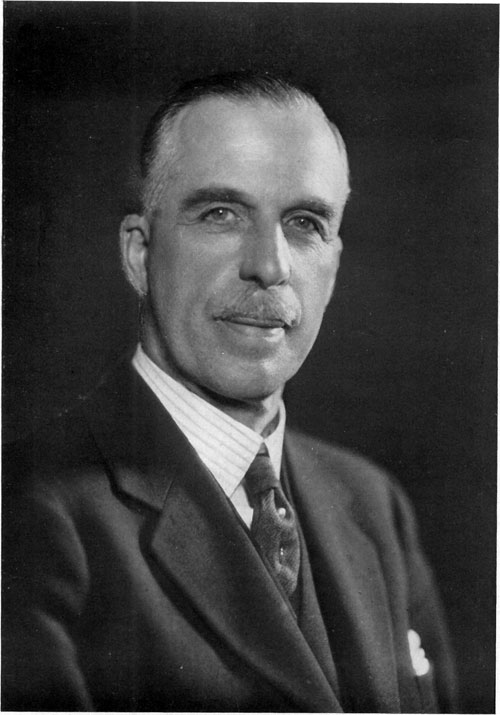1871 - 1937
First urologist to perform retrograde ureterography
 Sir John William Thomson-Walker (1871 - 1937) was born in Newport, Fife. He was educated at the Edinburgh Institution and at the University of Edinburgh, graduating MB ChB in 1894 before going to postgraduate study in Vienna.
Sir John William Thomson-Walker (1871 - 1937) was born in Newport, Fife. He was educated at the Edinburgh Institution and at the University of Edinburgh, graduating MB ChB in 1894 before going to postgraduate study in Vienna.
He worked with Hurry Fenwick at St Peter's Hospital and thus became an early proponent of the cystoscope. As a pupil of Freyer, he became expert in open prostatectomy, equalling Freyer's survival rate with fewer complications. He was the first urologist to perform retrograde studies using silver collargal (colloidal silver). In 1926, he was Silvanus Thompson lecturer before the Röntgen Society.
He was a furiously hard worker and a careful clinician but, interestingly, Morson, the writer of his obituary, describes him as a meticulous but "by no means brilliant" operator. The result of his hard work was his 1914 textbook "Surgical Diseases and Injuries to the Genito-Urinary Organs". During the First World War, he came to appreciate the significant mortality from infection, when "spinal bladders" were treated by catheterisation, and he led an intensive campaign to promote early cystostomy as the treatment of choice. This led to a fall in mortality from 80 to 20%.
In 1907, he was appointed a Hunterian Professor of the Royal College of Surgeons and he was knighted in 1922, becoming, in the same year, President of the Urology Section of the Royal Society of Medicine.
In the mid 1930's, his health worsened and he died suddenly in Scotland of a heart attack in 1937 sitting in his car by the side of a loch.
Presidential Address
"Relation of calcified abdominal glands to abdominal surgery" - to the Royal Society of Medicine Section of Urology.
Download a PDF of his address
← Back to Famous Clinicians Room